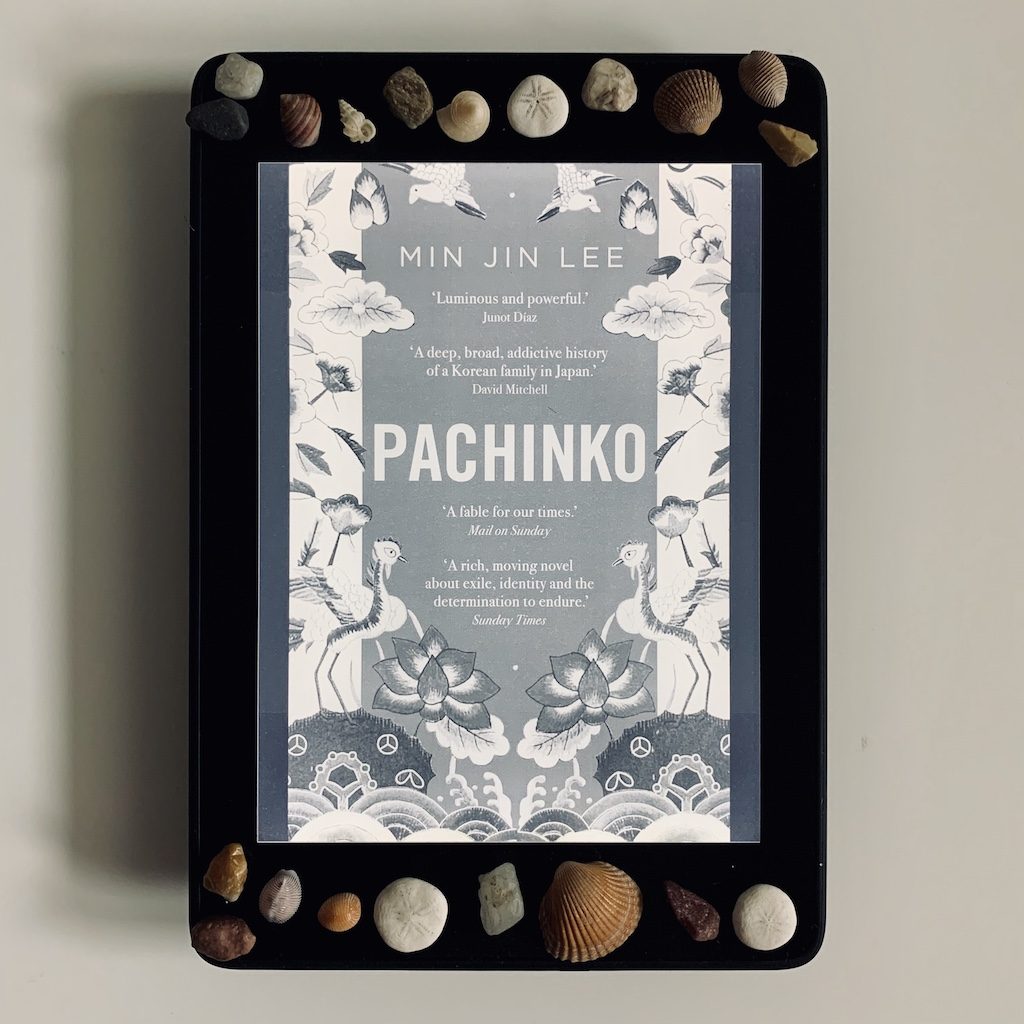“Fiction reveals truth that reality obscures.”
Ralph Waldo Emerson’s famous assertion has never been more appropriately bestowed upon a novel than on Min Jin Lee’s Pachinko. The book grapples with the intersectionality between Korean and Japanese cultures as a consequence of Japanese occupation of Korea and, shortly afterward, the impact of World War II. The book opens with the statement, “History has failed us, but no matter,” which, in a PBS interview, Min Jin Lee explains is her thesis statement for the novel. As a trained historian, Lee reconstructs a community frequently omitted from the dominant narrative for her readers in an incredibly vivid and tangible way.

Prior to reading Pachinko, I read Masaji Ishikawa’s memoir A River in Darkness: One Man’s Escape from North Korea. His father was a Korean national living in Japan, who, after struggling to find work and feel accepted, moved his Japanese wife and family to North Korea in 1960 in the hopes of a better life. The memoir is graphic, raw and, as a result, incredibly difficult to read. Although Ishikawa’s novel was positively gripping, I felt (guiltily) more connected to the characters in Pachinko.
Both pieces are set in the same region and grapple with the intersectionality between Korean-Japanese relations in the 20th century. However, Min Jin Lee invites readers to observe the resulting community as a whole and the nuances surrounding this new identity. In the previously mentioned interview, Lee discusses her use of fiction and an omniscient narrator to construct a more well-rounded picture of this community. She read a lot of non-fiction texts, but after moving to Japan and interacting with Korean Japanese people, she explains, “[historical recounts] had a serious point of view and it didn’t really capture the personality of the people, and I thought fiction can do that. Fiction has the ability to expand people’s points of view.” Through an omniscient narrator, fiction allows readers to interact with many characters in a real way, constructing a coherent community that readers can understand.
What makes Pachinko such an engaging novel is that both the readers and characters grow to understand the Korean expat community together as the narrative unfolds. Lee highlights her characters’ in-betweenness, which makes it nearly impossible to identify as either wholly Korean or Japanese. Throughout the novel, the characters are reminded by both their Korean and Japanese counterparts that they are not welcome and not seen as fully human, let alone as a recognized group. Born and raised in Japan, Mozasu explains to his Japanese friend:
“This country isn’t going to change. Koreans like me can’t leave. Where we gonna go? But the Koreans back home aren’t changing, either. In Seoul, people like me get called Japanese bastards, and in Japan, I’m just another dirty Korean no matter how much money I make or how nice I am.”
Despite this, Mozasu and a handful of other characters, who are also considered social outcasts, are able to surround themselves with people who recognize their humanity first, rather than their supposed shortcomings. Ultimately, their shared in-betweenness creates a new, liminal community that we, as readers, can also relate to and understand. As Min Jin Lee contends,
“We cannot help but be interested in the stories of people that history pushes aside so thoughtlessly.”
STATS
Title: Pachinko
Author: Min Jin Lee
Publication Year: 2017
Pages: 490
Title: A River in Darkness: One Man’s Escape from North Korea
Author: Masaji Ishikawa
Translator: Risa Kobayashi and Martin Brown
Publication Year: 2000
Pages: 174

